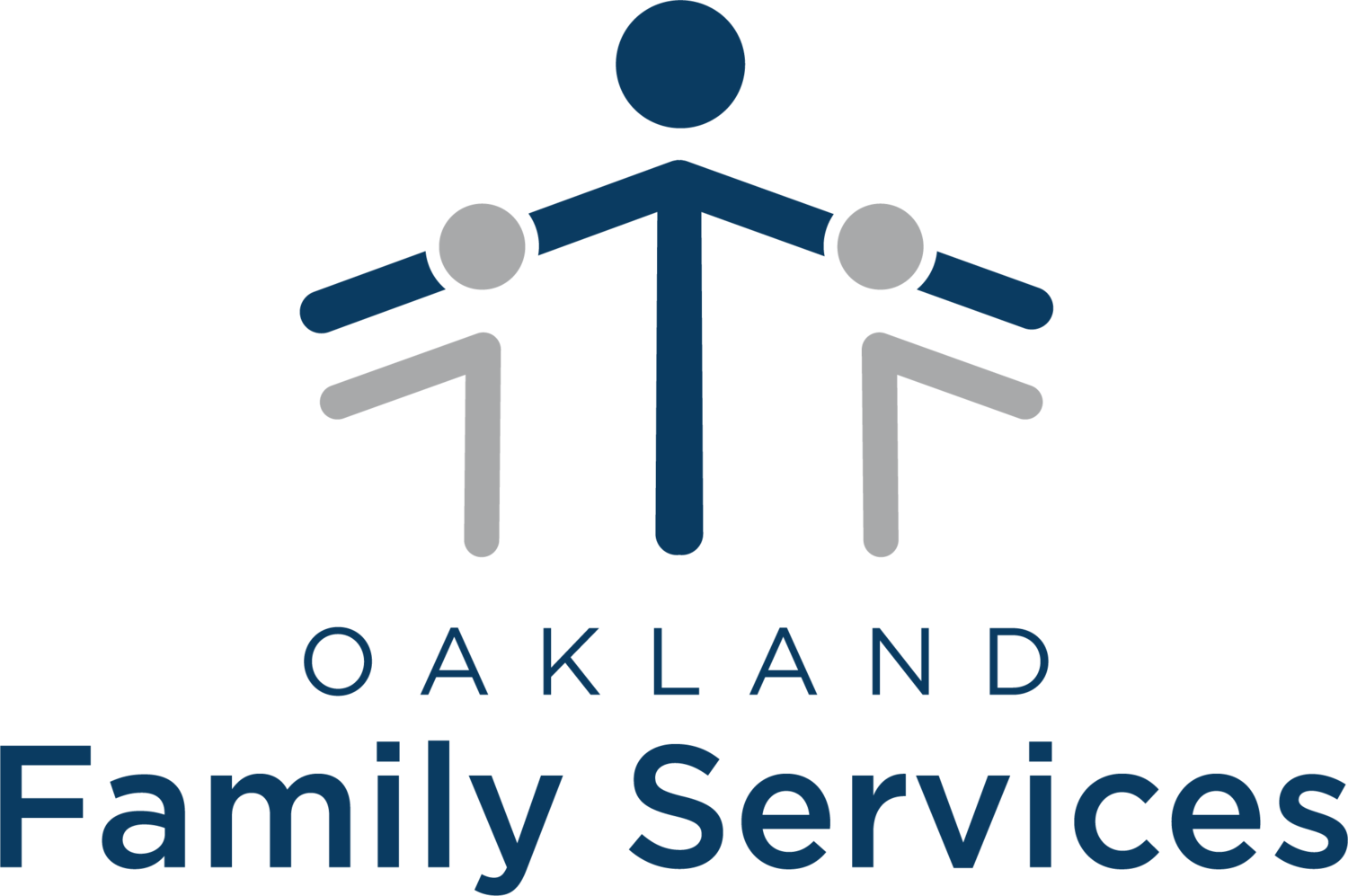Virtual therapy during pandemic puts woman on path to recovery
When Rebecca came to Day One for therapy, she had just gone through her third divorce, lost her mother to cancer after caring for her for 8 years, and found out she had chronic post-traumatic stress disorder. Then the COVID-19 pandemic hit.
Rebecca, who has been in and out of therapy throughout her adult life, only had one in-person therapy session at Day One before her sessions switched to virtual. The 54-year-old woman said the transition was smooth and her sessions are not much different than when she saw her therapist in person.
“Seeing her face and her facial expression is very similar to being in the office,” she said. “It still feels personal to hear her voice and see her facial reaction and her immediate response.”
Having therapy from the comfort of her home also alleviated Rebecca’s anxiety over driving and fear of catching COVID-19 in the office.
“Virtual therapy especially helps during COVID-19,” she said. “With the national pandemic and everything going on in the world, you can express your feelings to somebody else who can give you different coping mechanisms.”
“When you are so depressed you can’t think straight. It’s a lifesaver to have someone who is thinking straight to put you in the right direction.”
Rebecca began therapy at Day One after leaving her abusive husband and moving to a new community where she had no friends or family. She had quit working to care for her mother, who was abusive toward her both as a child and adult. She relied on her mother’s income to get by. When Rebecca’s mother died, she found herself without an income and applied for Social Security disability. She became extremely depressed, and her anxiety and stress triggered her fibromyalgia — a disorder characterized by widespread musculoskeletal pain accompanied by fatigue, sleep, memory and mood issues.
“There were times I physically could not get out of bed,” she recalled. “That affects everything. If you can’t get out of bed and start your day, then you can’t go to work and can’t have healthy relationships with the people in your life.”
Although Rebecca had worked in the mental health field helping individuals find employment, she didn’t recognize her own mental health deteriorating. Through Day One, she learned different coping mechanisms, such as mediation, that have helped her get her life back on track.
“I am back to work and functioning and more confident in myself,” she said. “Therapy dramatically helped me. In the course of six months, I went from needing Social Security disability to calling the case manager to ask her not to pursue the claim.”
Jennifer Hurst, behavior health clinician at Day One, said Rebecca is always open and willing to try anything, which helps support her life's plan.
“She actively uses coping skills she knows, as well as those she has learned during her time in treatment,” Hurst said. “As a result, she has moved forward in her goals and revises them with each step toward progress.”
If Rebecca had not sought help from Day One she believes she would still be pursuing Social Security disability and possibly be homeless.
“I was so financially destitute in the beginning of the pandemic,” she said. “Jennifer helped me find resources so I could pay my rent, get food, and pay my utilities. There were times when she even met with me twice a week. When you are so depressed you can’t think straight. It’s a lifesaver to have someone who is thinking straight to put you in the right direction. On top of that, I was in an environment in the community where I knew nobody. No friends. No family. To be able to have somebody to talk to is huge. It helped me to feel not alone.”
You can help provide hope and healing to our clients by making a donation. Day One, a program of Oakland Family Services, provides mental health and substance use disorder treatment for more than 2,300 people every year.
If you or someone you know is struggling with a mental health issue, contact Day One at (248) 858-7766 or fill out a form at https://bit.ly/DayOneishere. You will be connected with a counselor and have your first online appointment within two business days.

